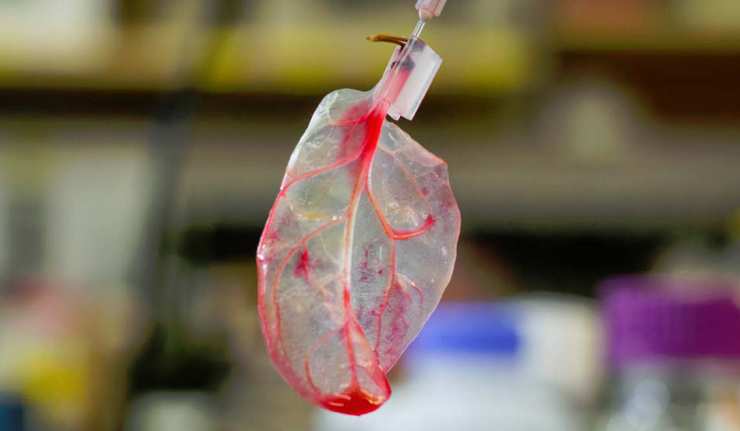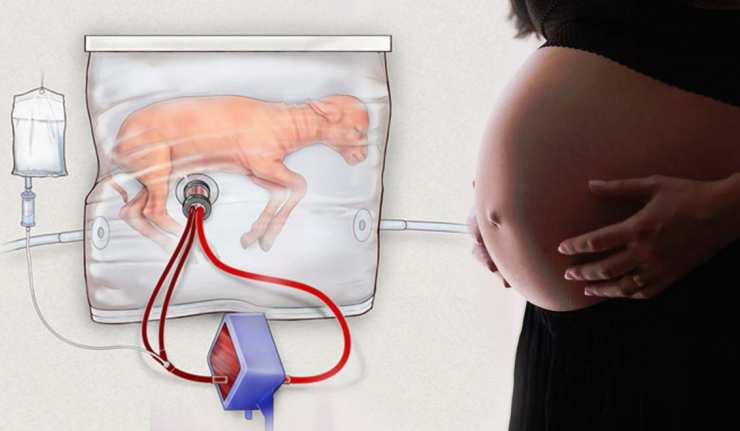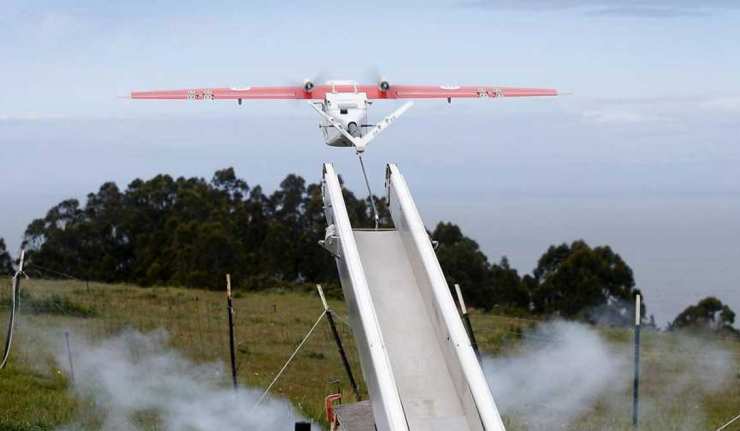health
Eva Park: Virtual World Improves Communication Following Stroke
What would one do without the capacity to carry out basic everyday conversations, say, ordering food at a restaurant or greeting a neighbor? One of the possible consequences, in fact, impacting one-third of heart stroke survivors, is a condition called aphasia — a brain disorder influencing change in language, causing loss of speech in the individual, and the inability to read, write or understand. Additionally, some of them become unemployed, depressed or are denied proper healthcare due to distance from hospitals or disability.
Creating Human Heart Tissue With the Help of A Spinach Leaf
Worldwide, heart transplants provide a vital lifeline to over 4000 patients per year. Whilst for those that are lucky enough to receive a donor organ, this can mean both a huge relief a new lease of life, the process of waiting for a suitable organ can be traumatic and worrying.
Artificial Womb May One Day Save The Lives of Premature Babies
Every year, around 1 in 10 babies worldwide are born prematurely. This equates to around 15 million babies and their parents having to spend time in Neonatal Intensive Care Units (NICU) in incubators. Despite improvements in neonatal care, approximately 1 million of those prematurely born babies will not survive. Of those who do survive, many suffer complications including learning disabilities, visual and hearing problems which affect their whole lives.
Deploying Vaccine Drones To Developing Nations
The delivery of vaccines by means of ground transportation in low and middle income countries currently faces several logistical problems. This includes potentially unapproachable areas, rough terrain and war zones preventing delivery. This naturally results in an increase in preventable diseases like hepatitis B, tetanus, MMR, dengue and measles in those regions. So, this is not a predicament of expense of facilities as much as it is inaccessibility to commodities. But doesn't everyone deserve a chance at decent healthcare?




